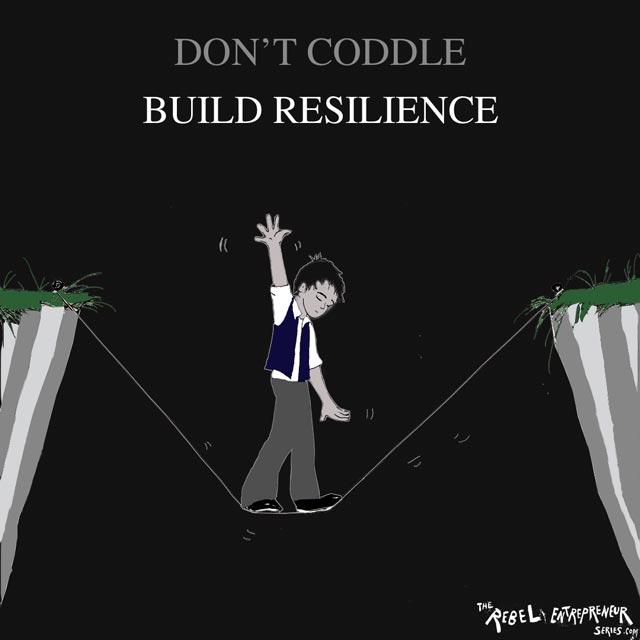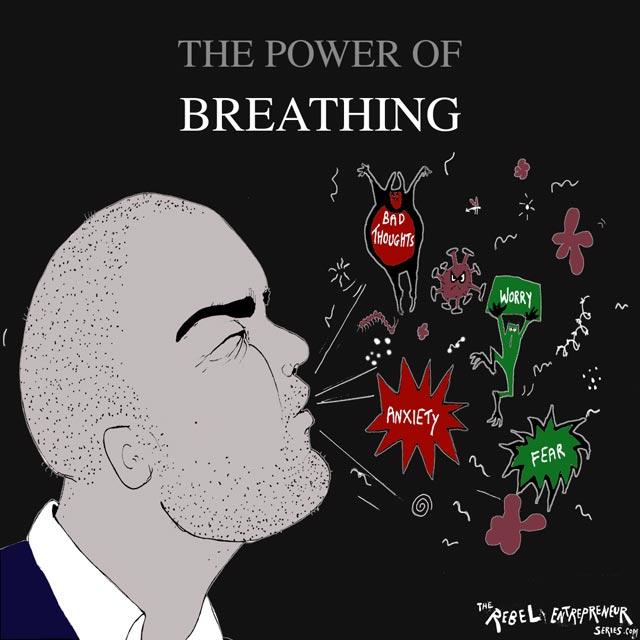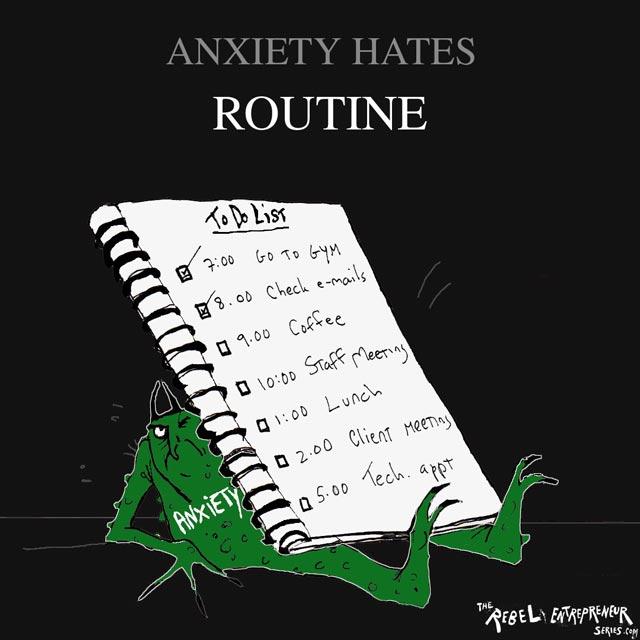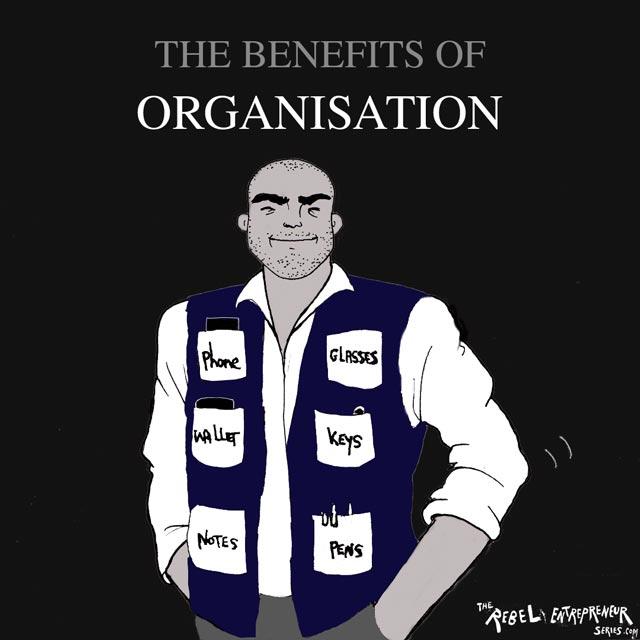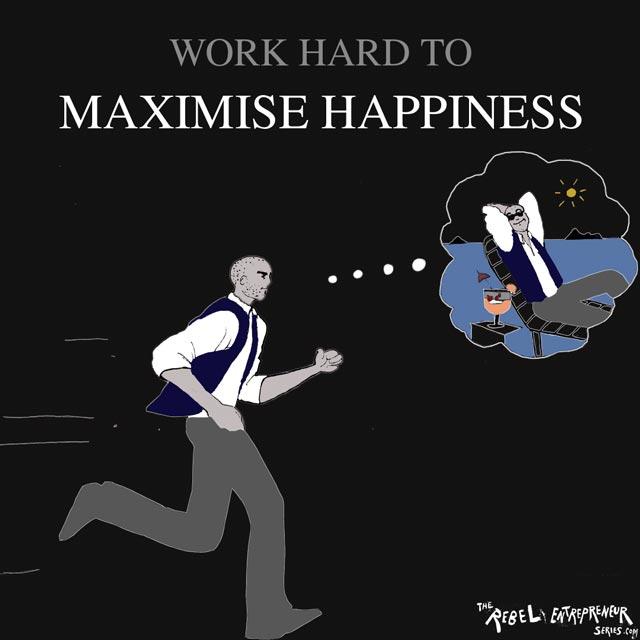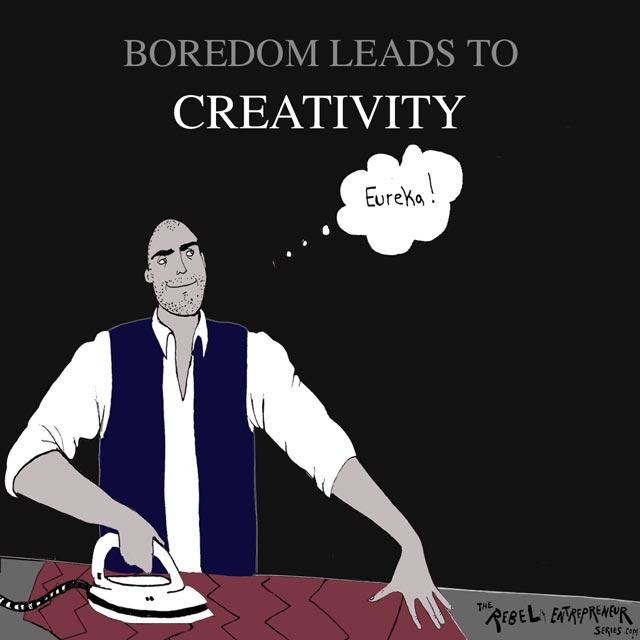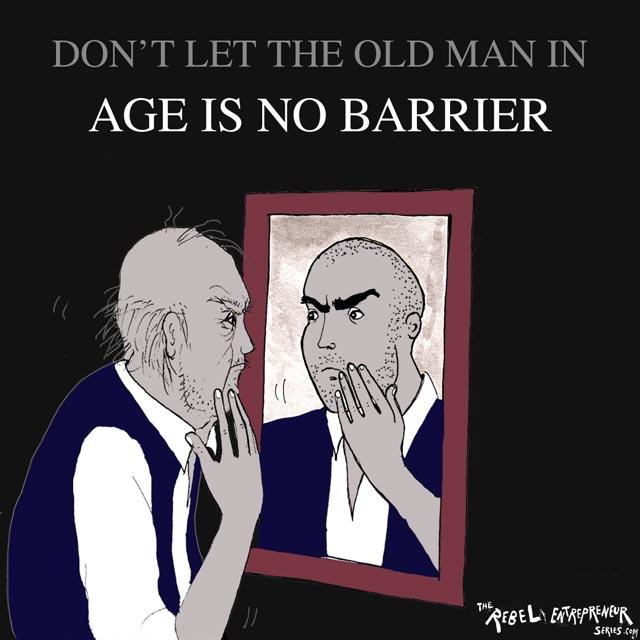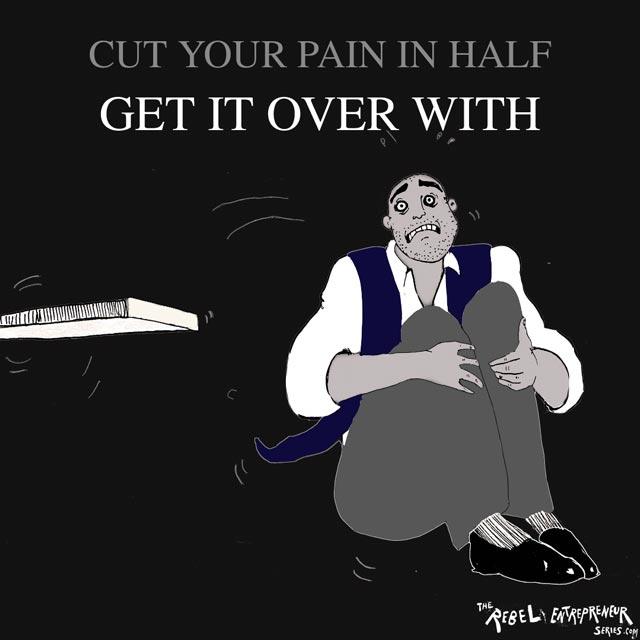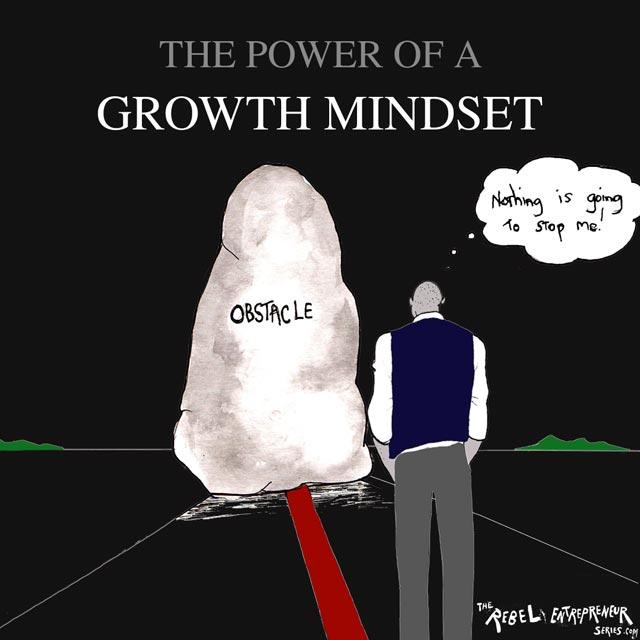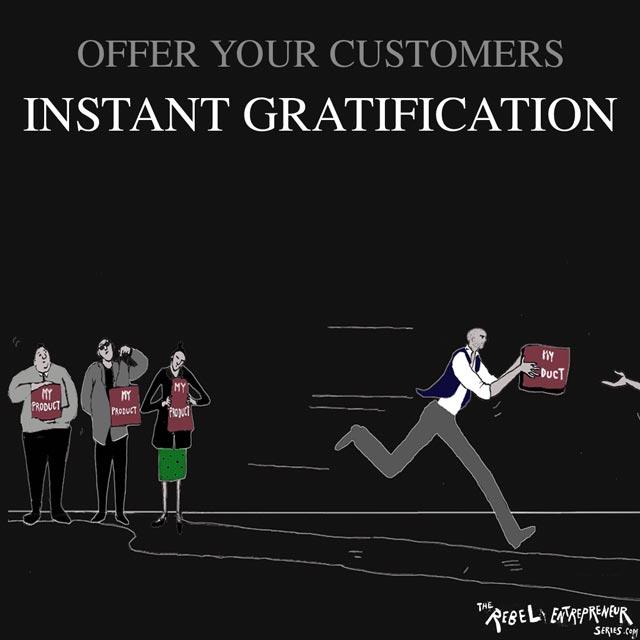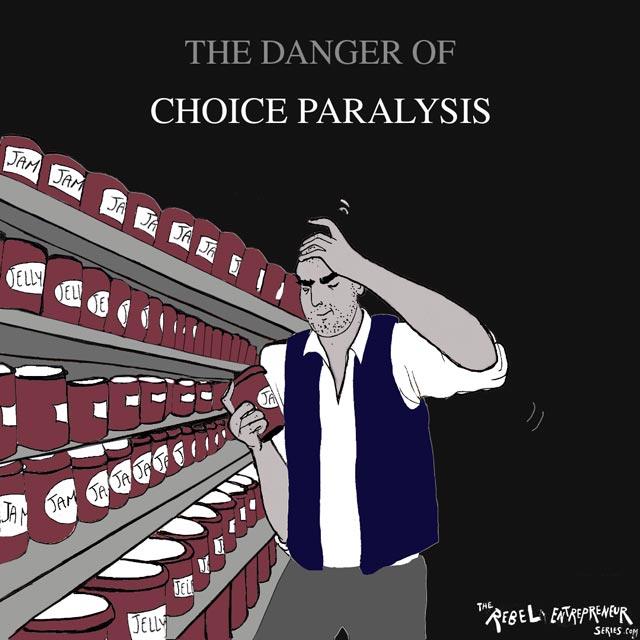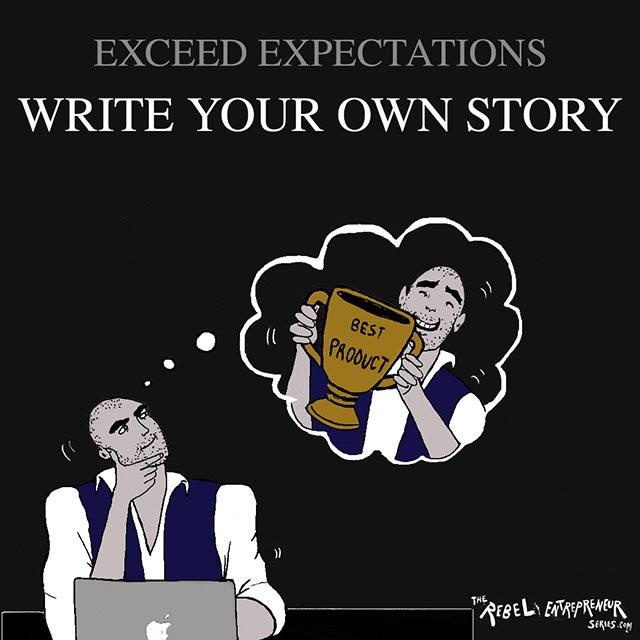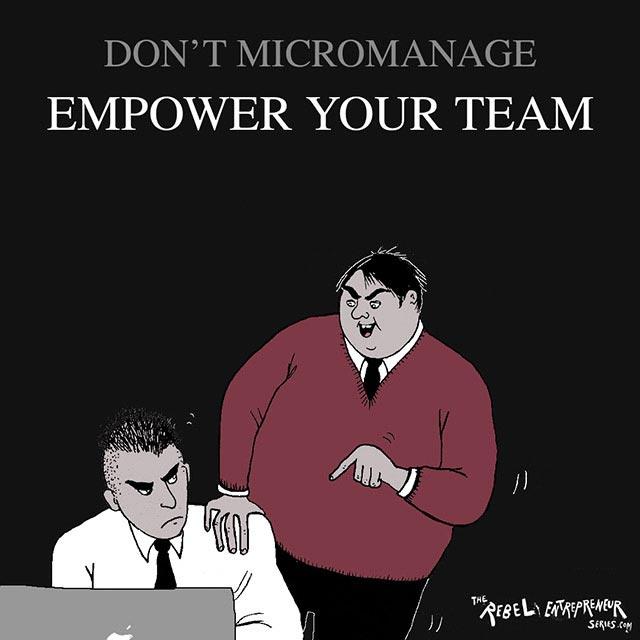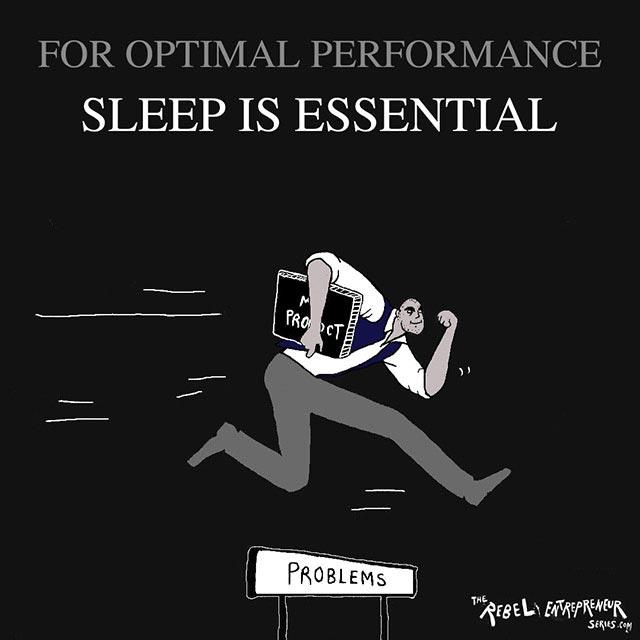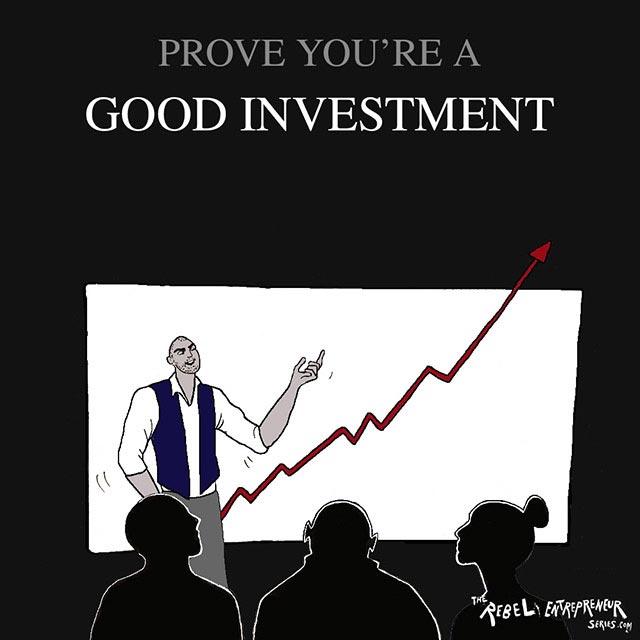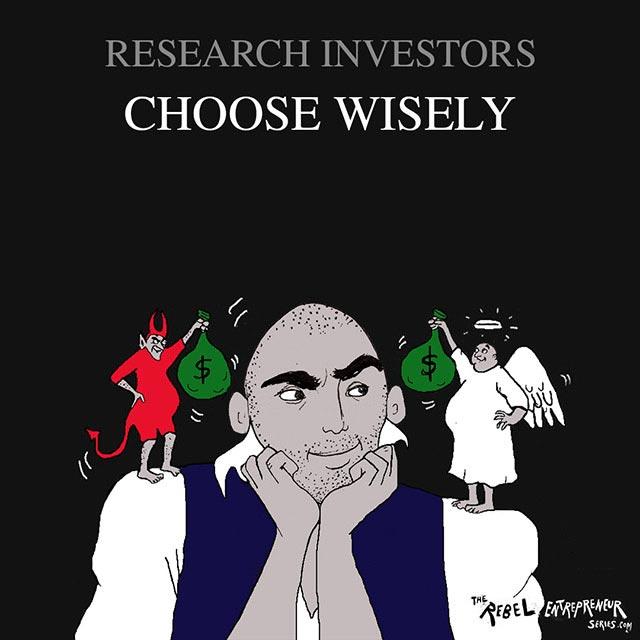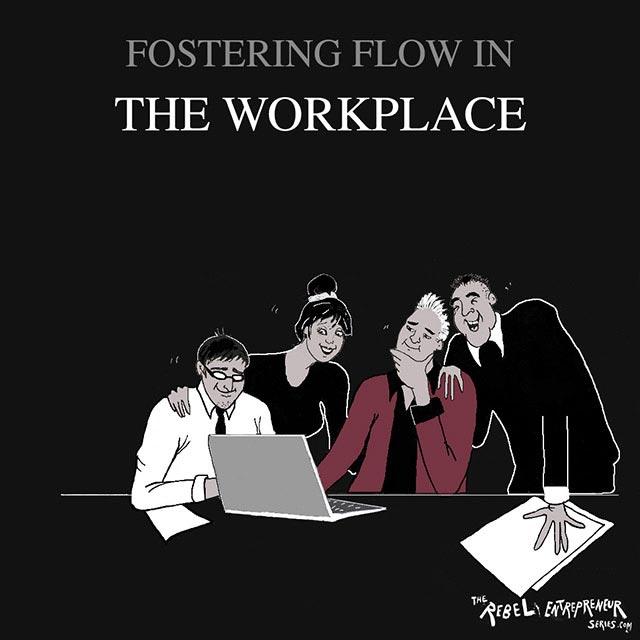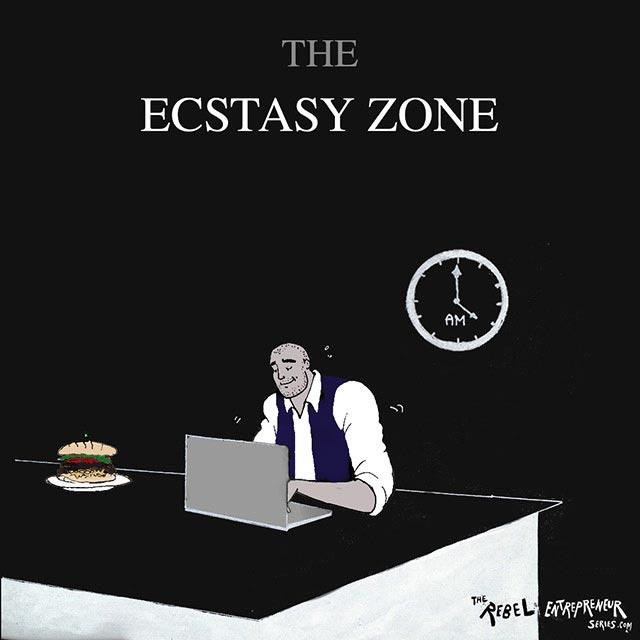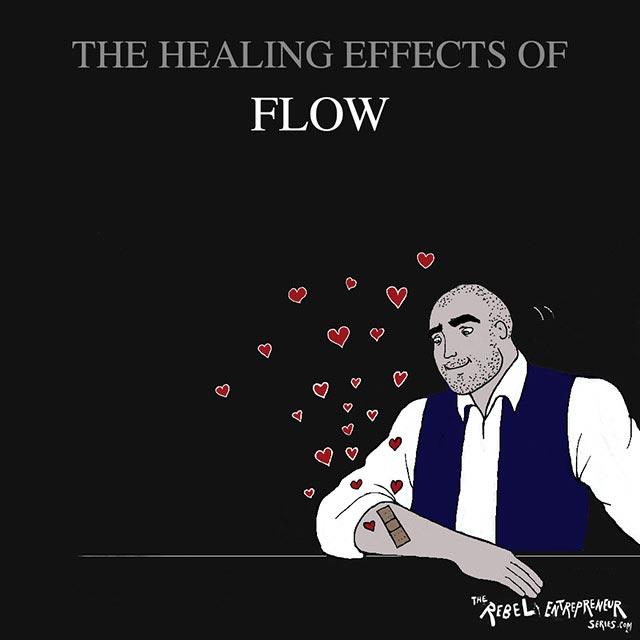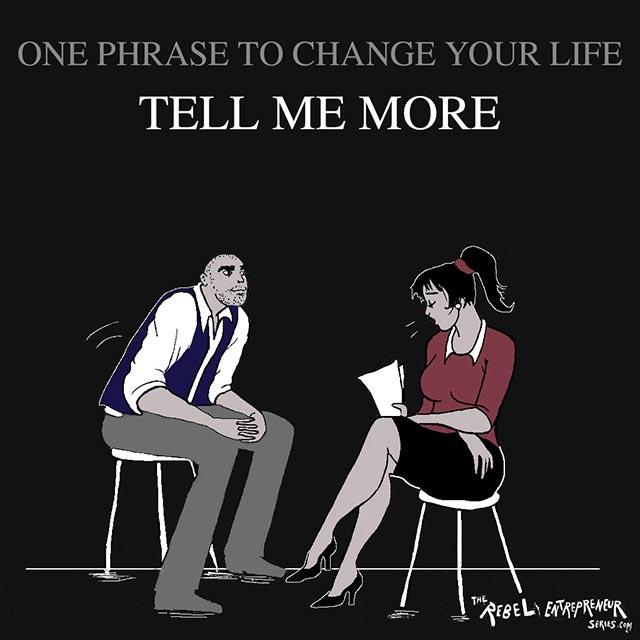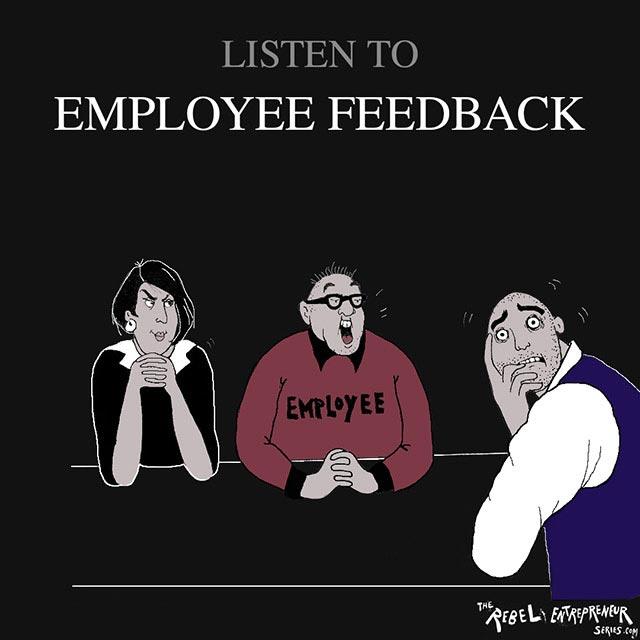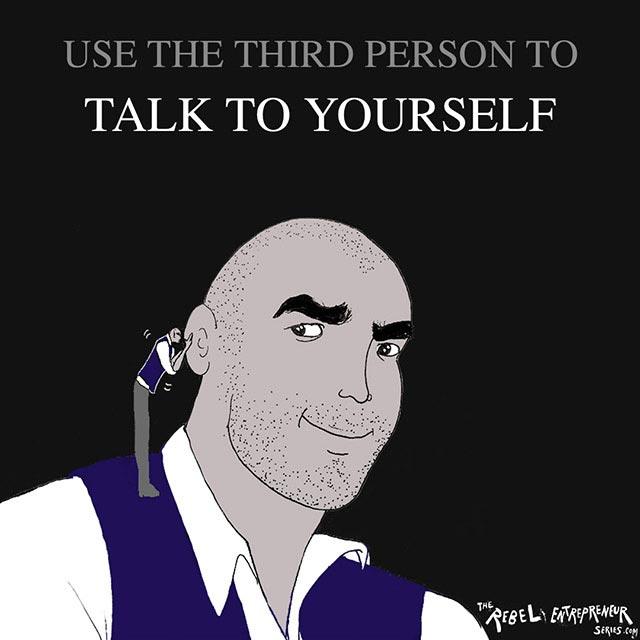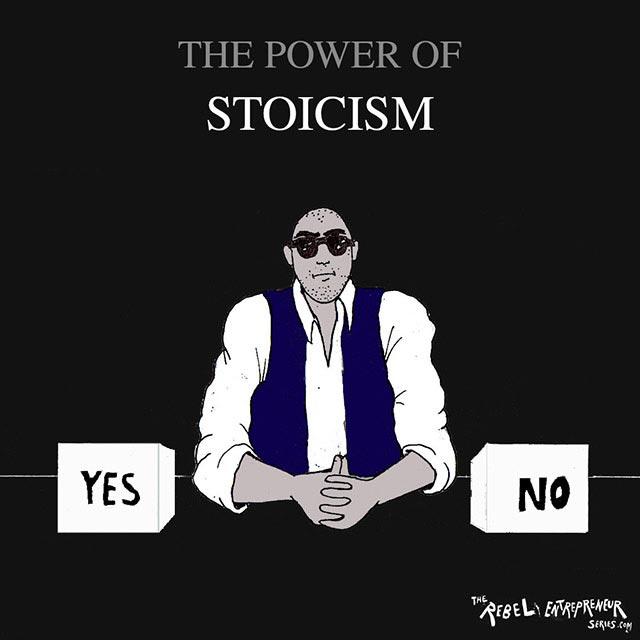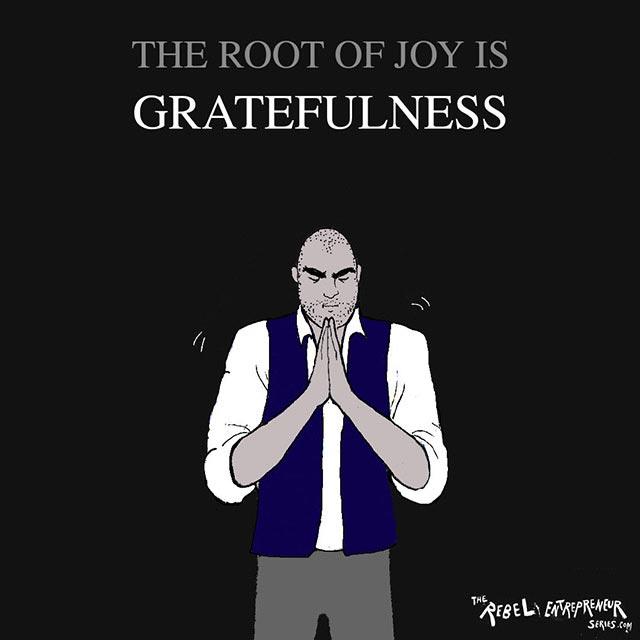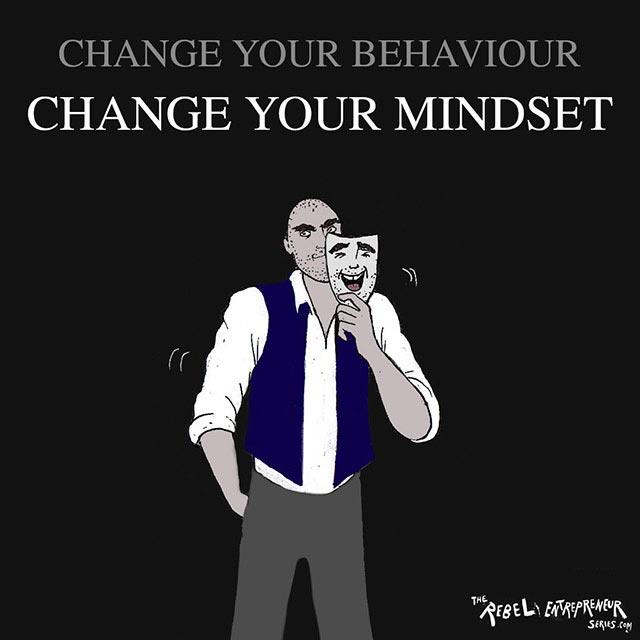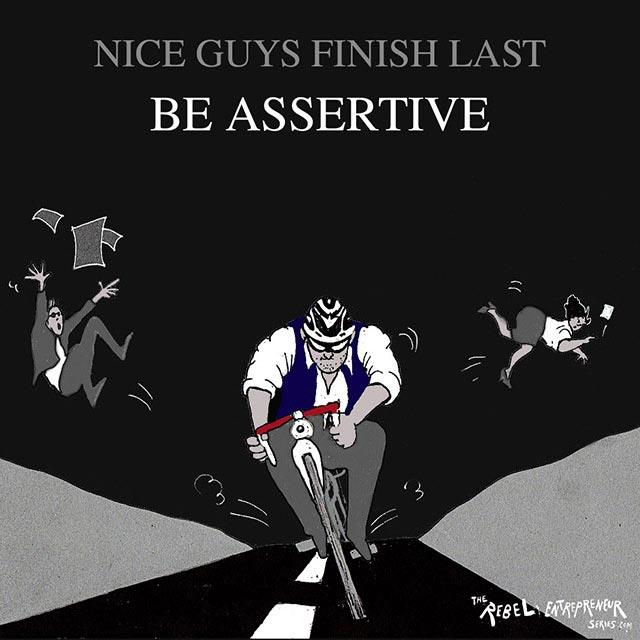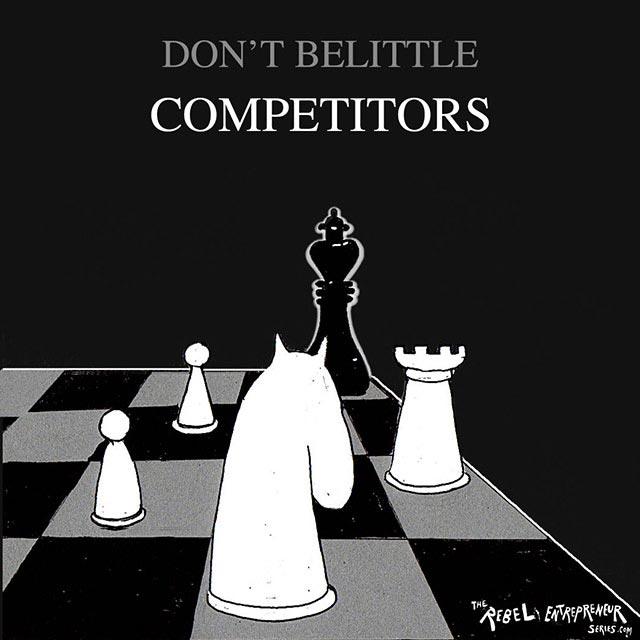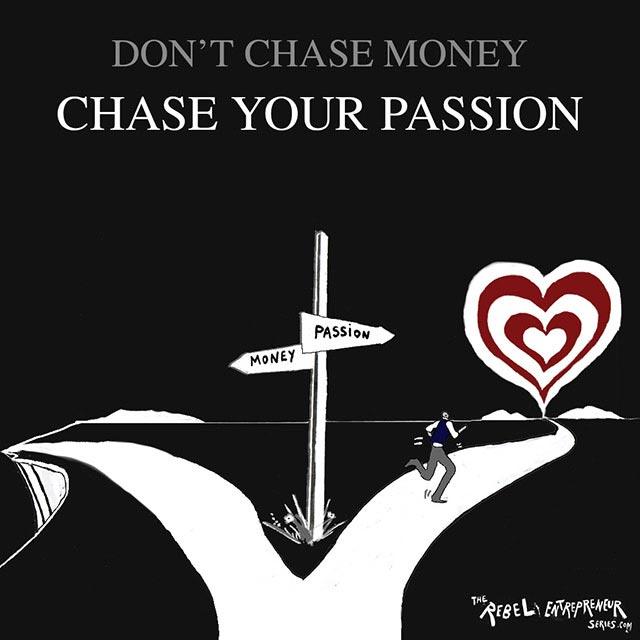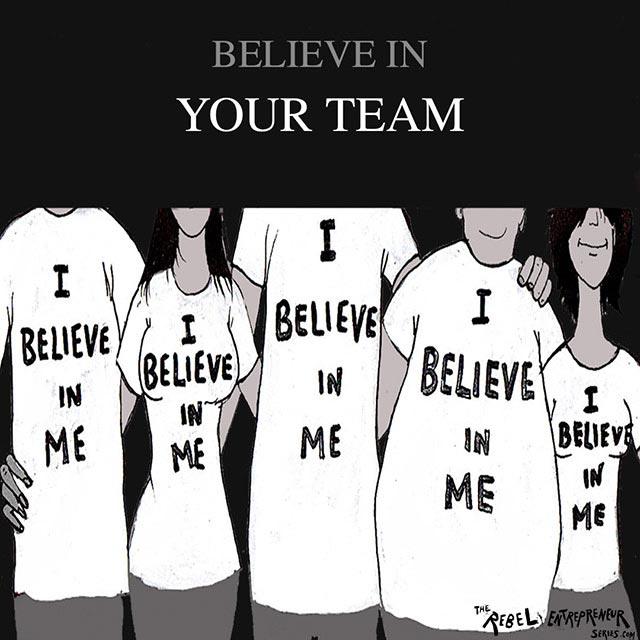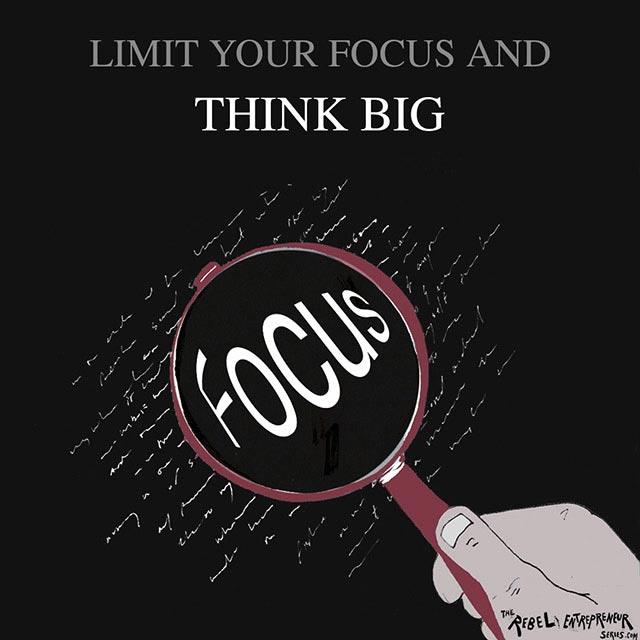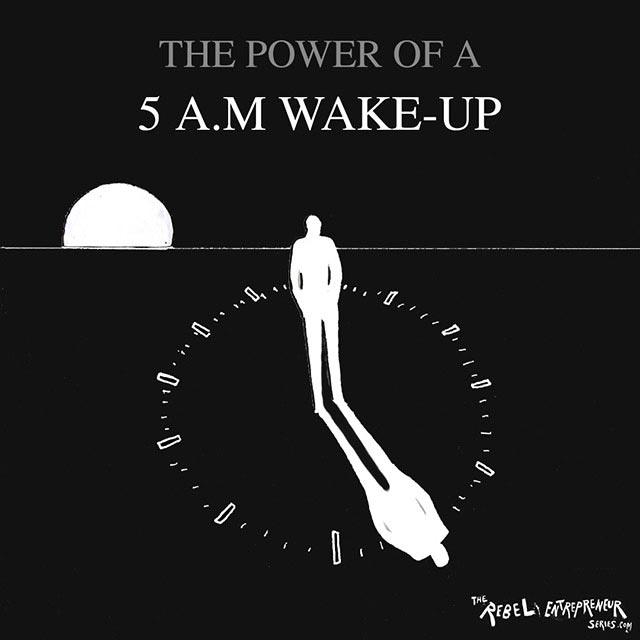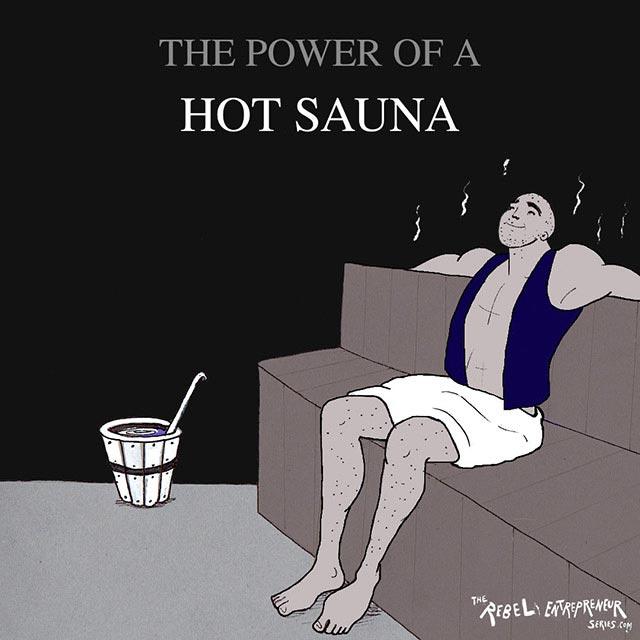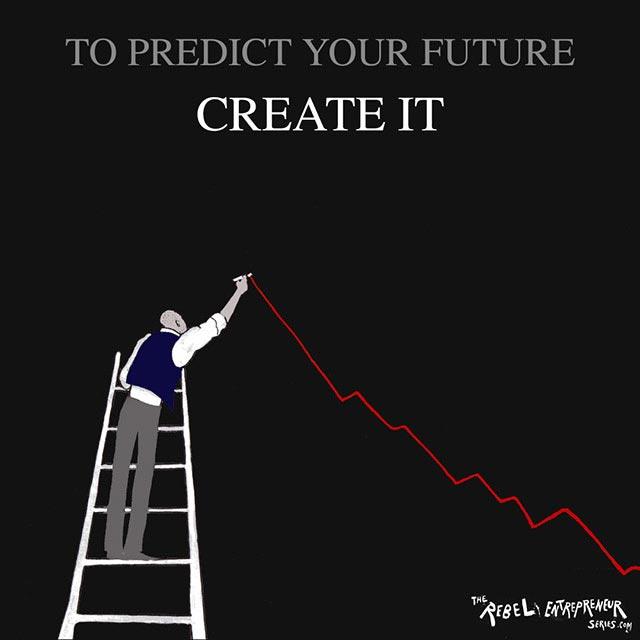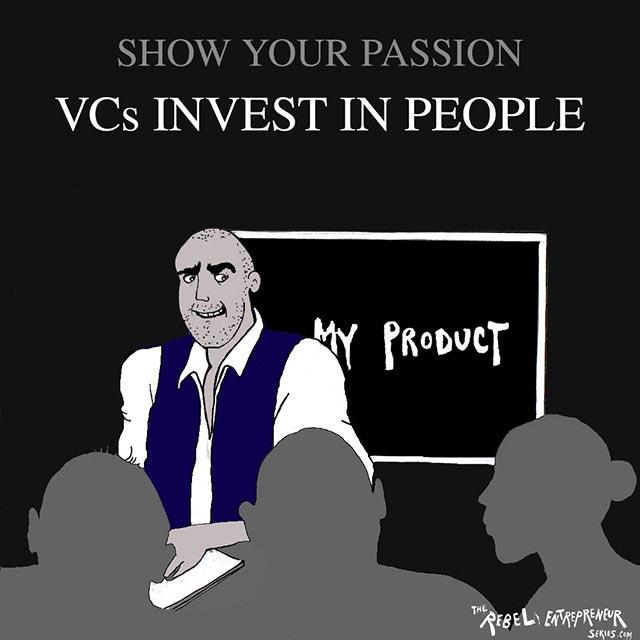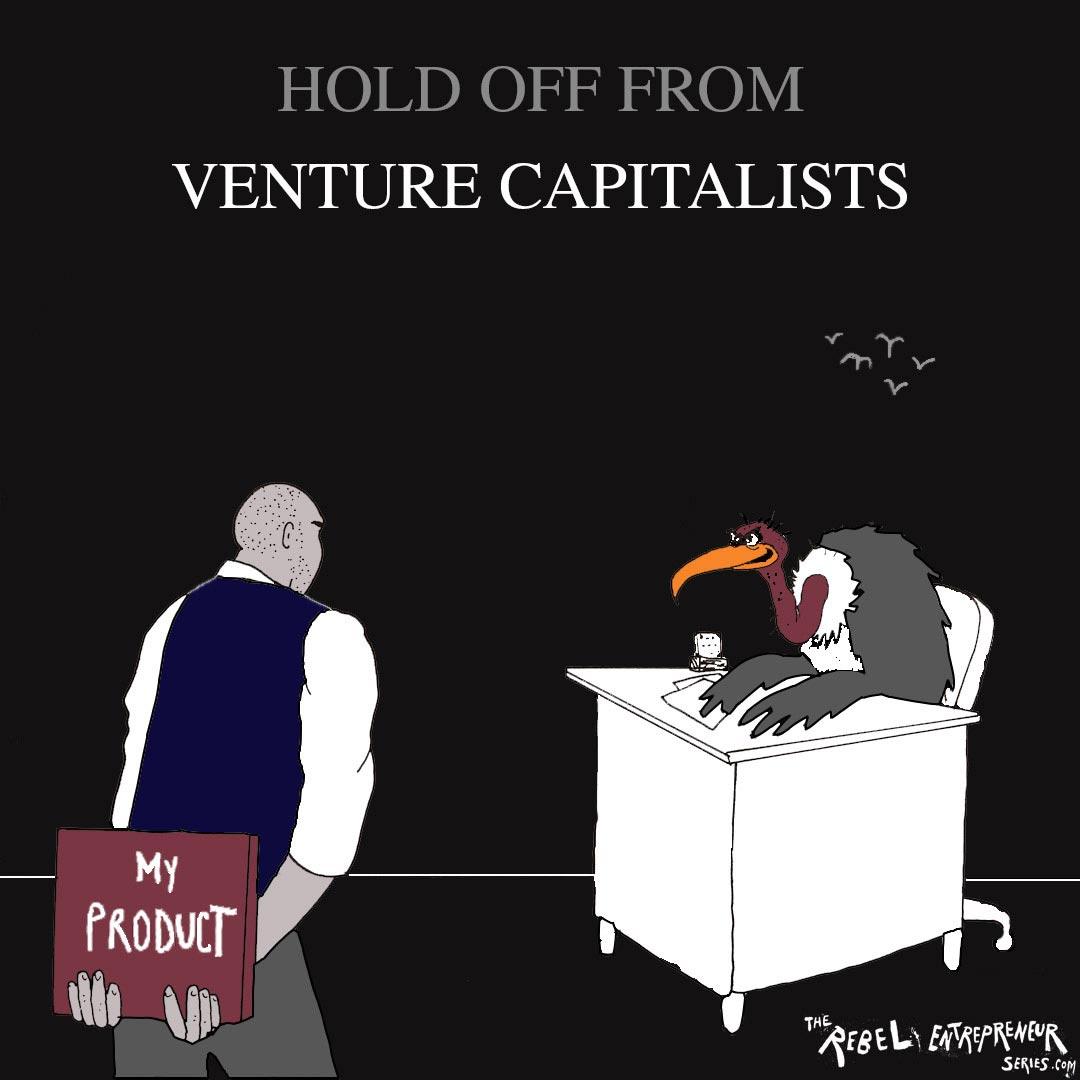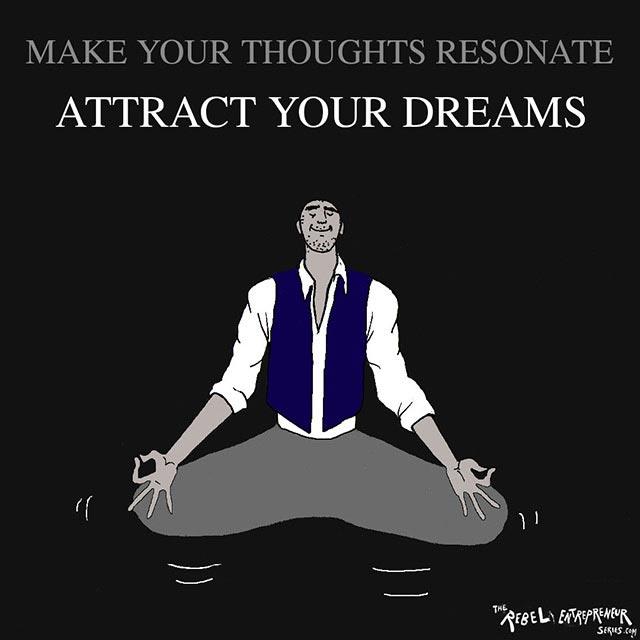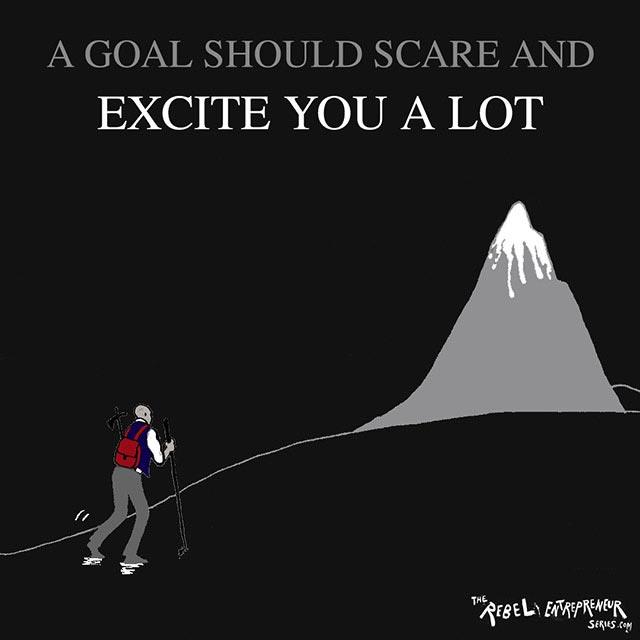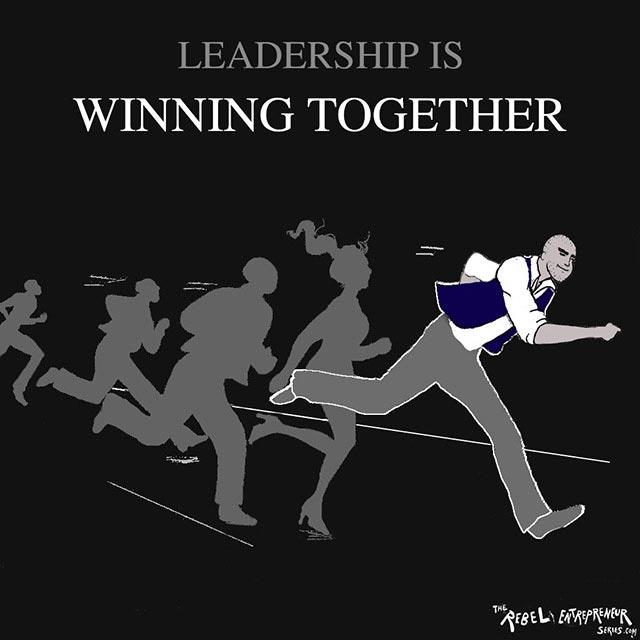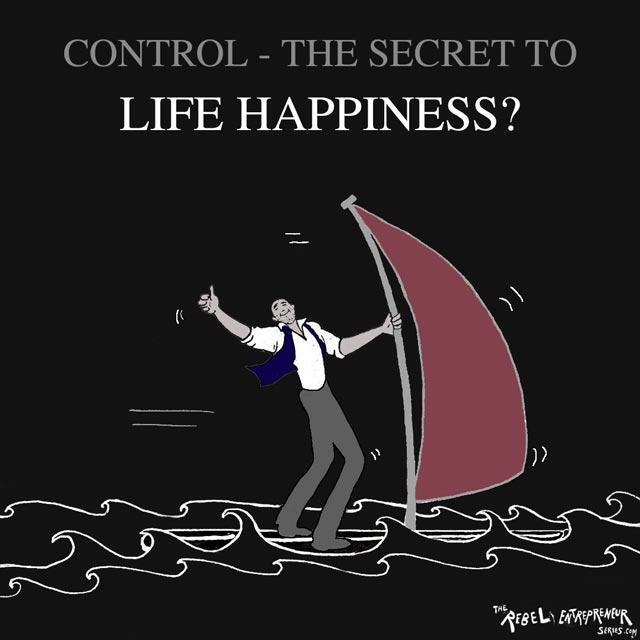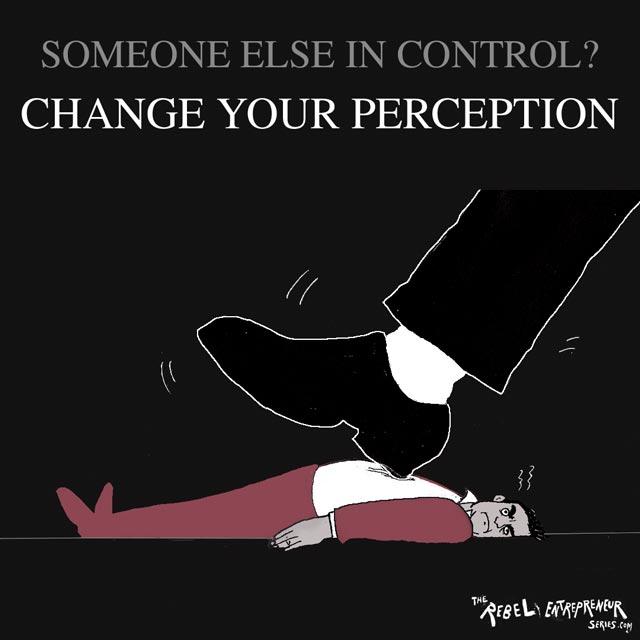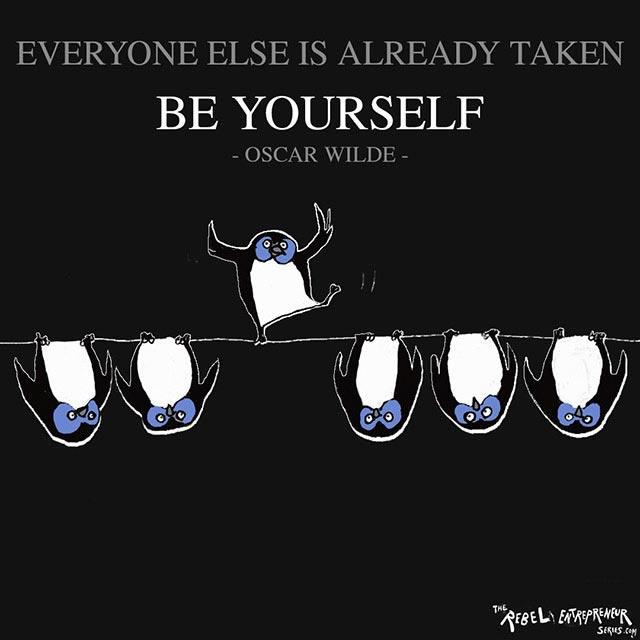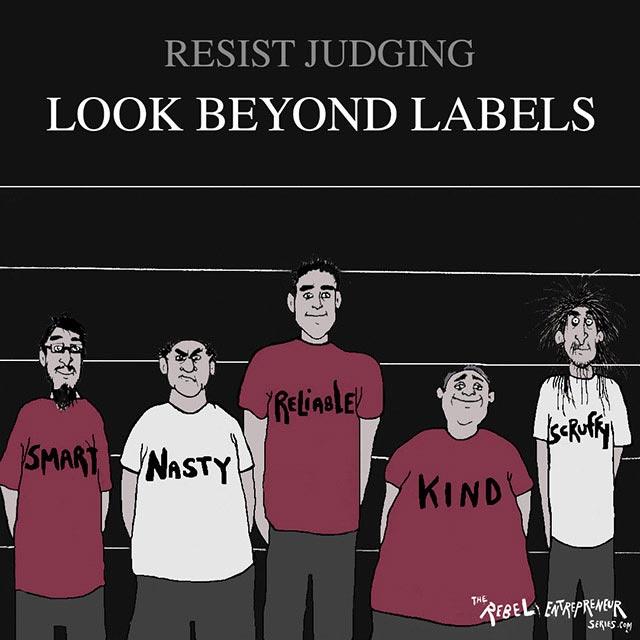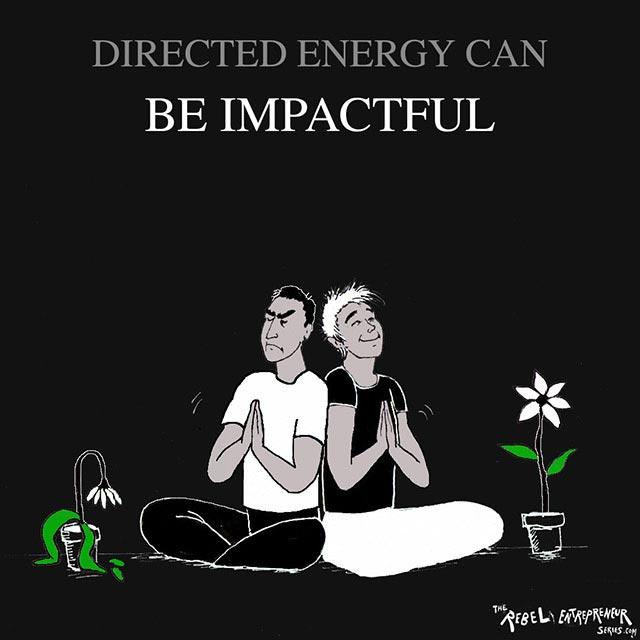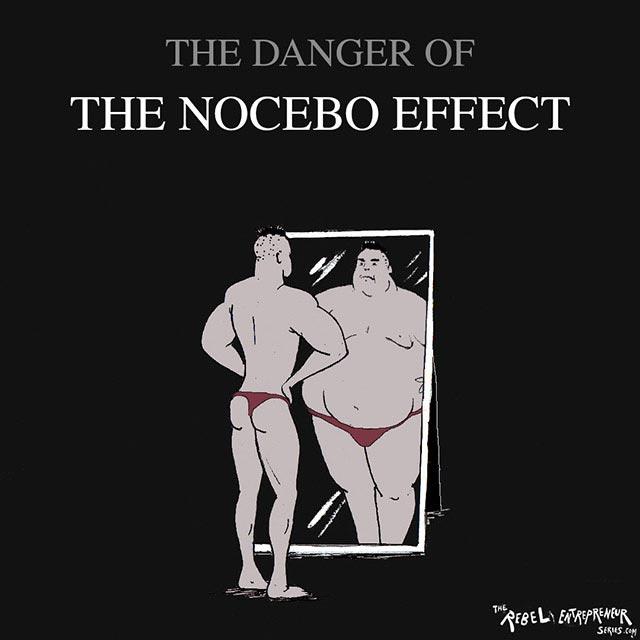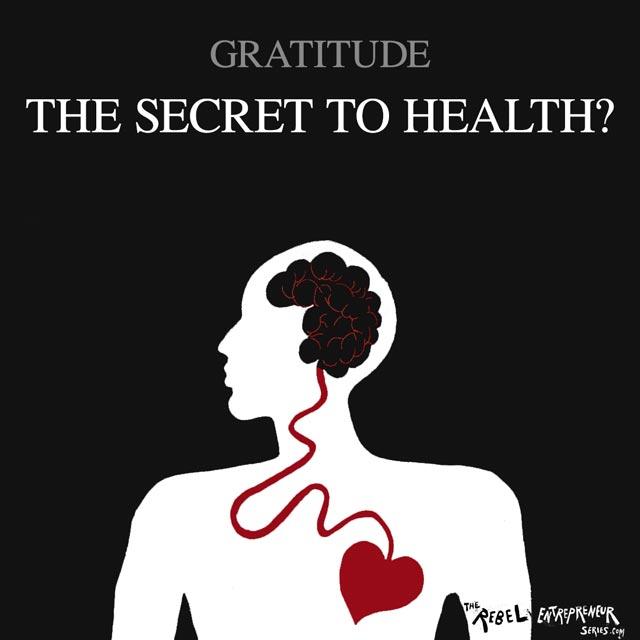Article 053: Identify and let your fear go
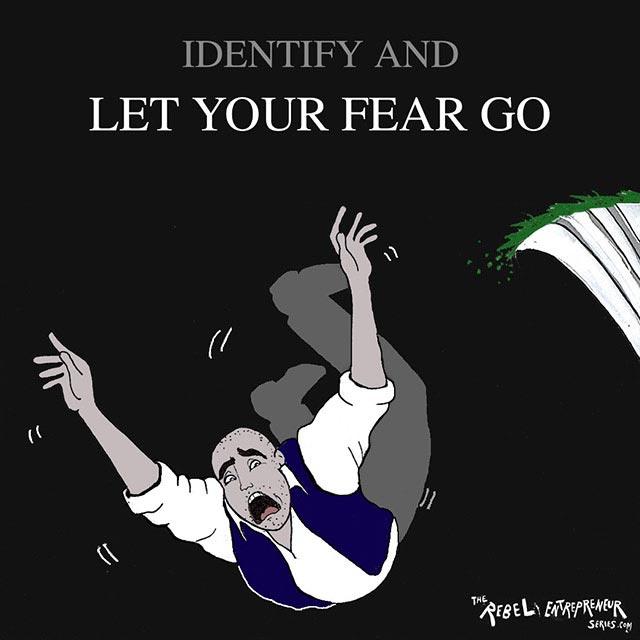
In 1920, psychologist John Watson wanted to test the extent to which humans can be conditioned to feel irrational fear. Watson had selected a nine month-old boy – known as Little Albert – to be his subject. Before the study Albert was encouraged to play with a number of soft things including lab rats, rabbits, cotton and wool, to which Albert showed no fear. However, over the course of the study Watson stood behind the playing Albert, and if Albert touched something soft, Watson would strike a steel bar with a hammer. Eventually, Albert associated the frightening noise with the soft object and would become quickly distressed if he came into contact with anything fluffy.
The study went down as one of the most unethical experiments in the history of psychology, primarily due to the debilitating impact of fear. A report by Harvard University’s Center on the Developing Child illustrates the profound effect of childhood fear on the brain. Fear disrupts the architecture of the brain leading to generalized anxiety disorders, unhealthy patterns of threat and stress regulation, difficulty forming trust and memory issues.
However, just as Little Albert learned to be afraid, it is possible to unlearn fear. Neuroscience tells us that even the most powerful fear can be unlearned. The amygdala – the fear centre of the brain – cannot differentiate between fact and feeling, but we can. The more we believe our fear, the stronger it grows. However, if we identify the fear, and logically assess and question the threat it poses, we can force ourselves to stop believing in it. Soon, the fear becomes extinct.
For many entrepreneurs, fear is the number one factor that prevents them from taking the first step in business. Whether you’re afraid of failure or debt, if you don’t address these fears they will block your progress.
The Harvard report demonstrates that even children who are exposed to the most unthinkable violence have the ability to work through it and go on to live wonderful lives. The first step for them – and indeed for a rebel entrepreneur – is to pinpoint, contextualise and then question that fear. Is it real? Where did it really come from? Is it because of a false belief system that may have come from our cultural, religious, parental or environmental upbringing? Only then can the process of unlearning begin. When this fear is released then freedom can begin.
PLEASE LIKE HERE
